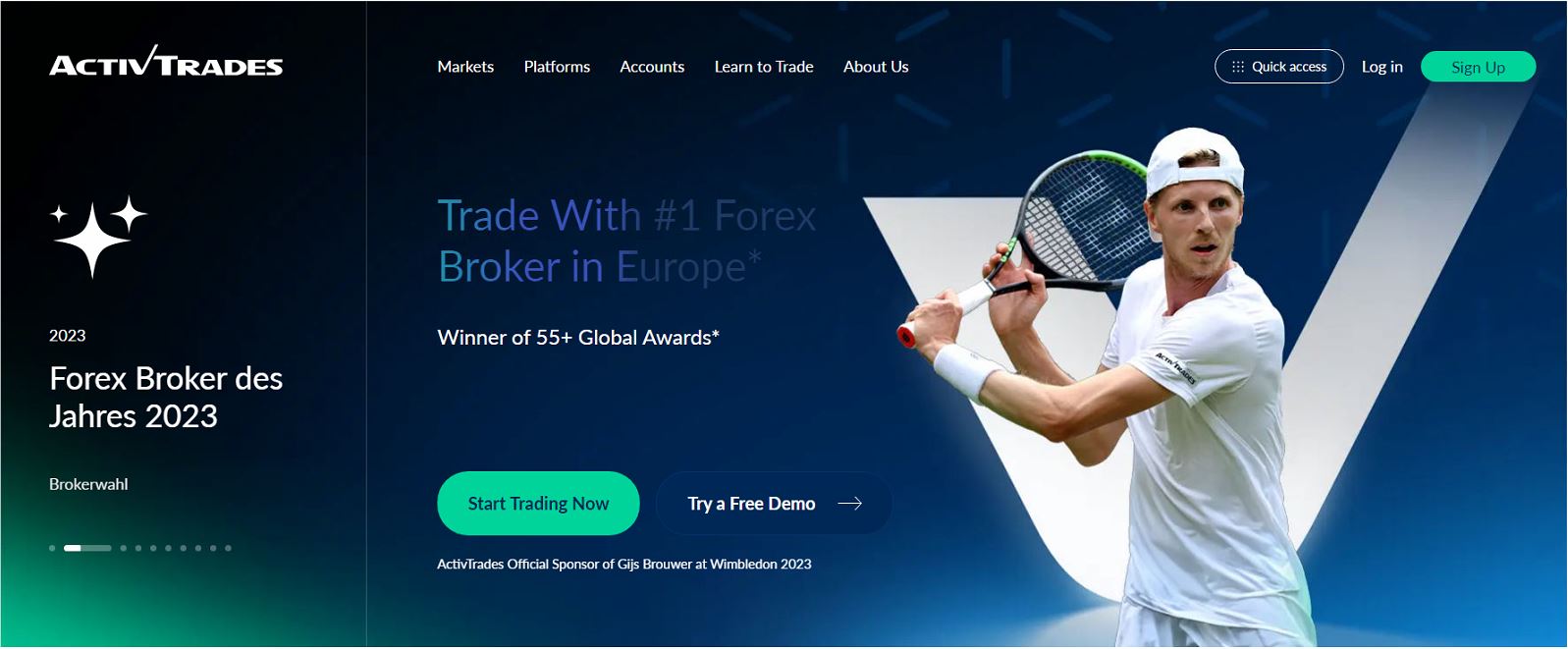Forex Broker – The first thing to do to trade with currency exchange is to open an account with one of the authorized brokers. It is not necessary to have a real account, with real money, in fact, it is preferable to initially use a “demo” account, i.e. not a real one, with a fictitious deposit.
This will allow us to become familiar with this market and above all to try our robots, the expert advisors.
Only after having verified their validity could we apply them to a real account, real money is at risk.
So let’s see what a broker is.
A forex broker, short for foreign exchange broker, is a financial institution or individual that facilitates the buying and selling of currencies in the foreign exchange market (forex). The forex market is the largest and most liquid financial market in the world, where currencies are traded 24 hours a day, five days a week.
Here’s a breakdown of the key roles and functions of a forex broker:
- Facilitates Trading: Forex brokers act as intermediaries between retail traders (individuals or institutions) and the interbank forex market. They provide a platform that allows traders to access the forex market and execute trades.
- Platform Provision: Forex brokers offer trading platforms, which are software applications or online interfaces that enable traders to analyze market data, place orders, and manage their trading accounts. These platforms often include charts, technical analysis tools, and other features to assist traders.
- Leverage: Many forex brokers provide leverage, allowing traders to control a larger position size with a relatively smaller amount of capital. While leverage can amplify profits, it also increases the risk of losses, and traders should use it cautiously.
- Quote Prices: Forex brokers provide real-time price quotes for currency pairs. These quotes represent the current exchange rates between two currencies and are continuously updated as market conditions change.
- Execution of Trades: When a trader places an order, the forex broker executes the trade on their behalf. Brokers can use different types of execution models, such as market execution or instant execution, to fill orders at the best available prices.
- Regulation and Compliance: Reputable forex brokers are regulated by financial authorities in their respective jurisdictions. Regulation helps ensure that brokers adhere to certain standards and provide a fair and transparent trading environment. Traders should choose regulated brokers to minimize the risk of fraud or malpractice.
- Margin and Margin Calls: Forex brokers typically require traders to deposit a certain amount of money, known as margin, to open and maintain positions. If a trader’s losses exceed the deposited margin, the broker may issue a margin call, requiring additional funds to cover potential losses.
- Educational Resources: Many forex brokers offer educational resources, such as tutorials, webinars, and market analysis, to help traders improve their skills and understanding of the forex market.
It’s important for traders to carefully choose a reputable and well-regulated forex broker to ensure a secure and fair trading environment. Different brokers may have varying features, fees, and trading conditions, so individuals should consider their specific needs and preferences when selecting a broker.
I have opened “demo” and “real” accounts with some brokers.
The one I found best with is ActiveTrades.

It has more than 20 years of experience, more than 10,000 traders, consistent fund protection. I talk about it more in the “broker review” section of my blog.
